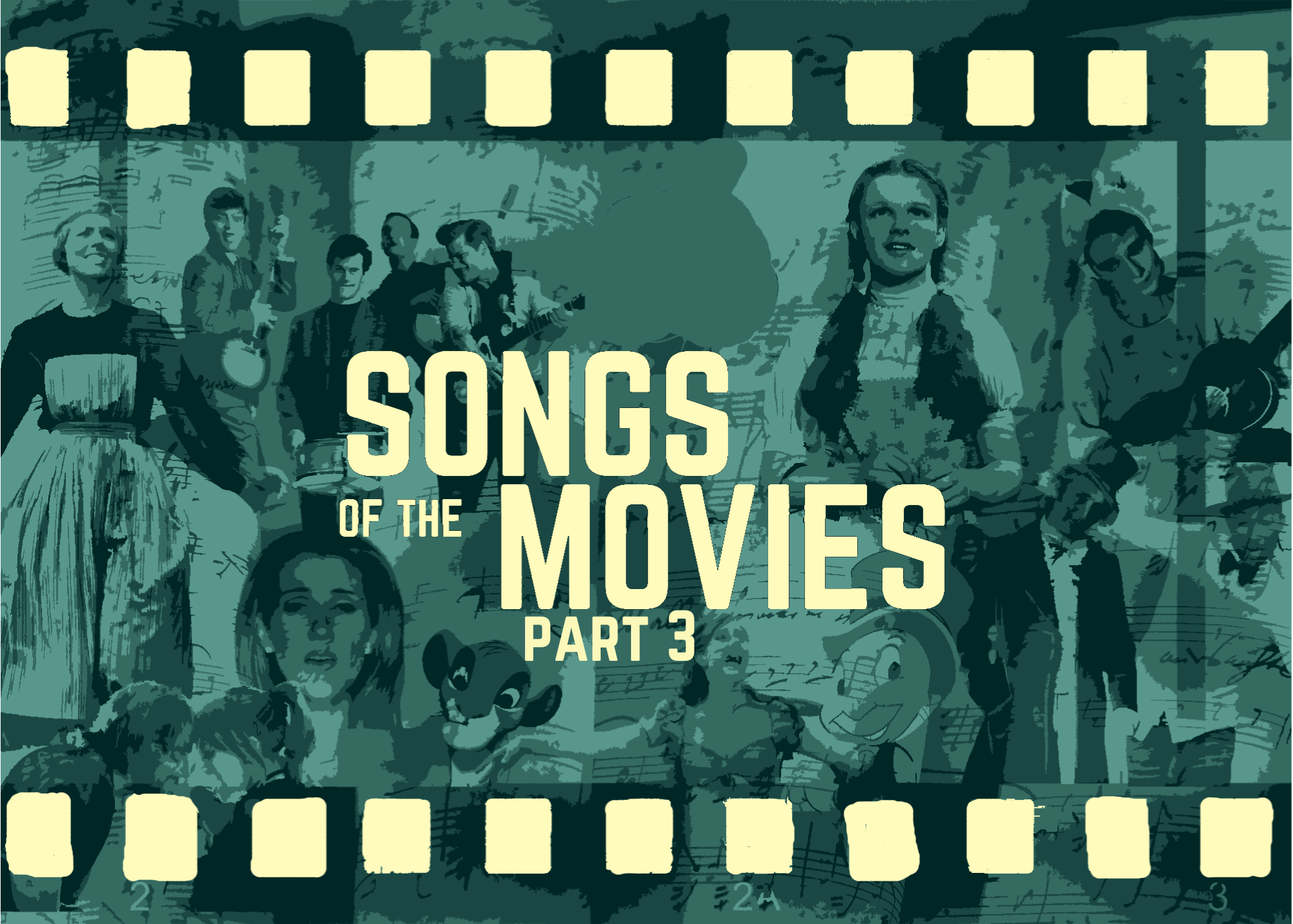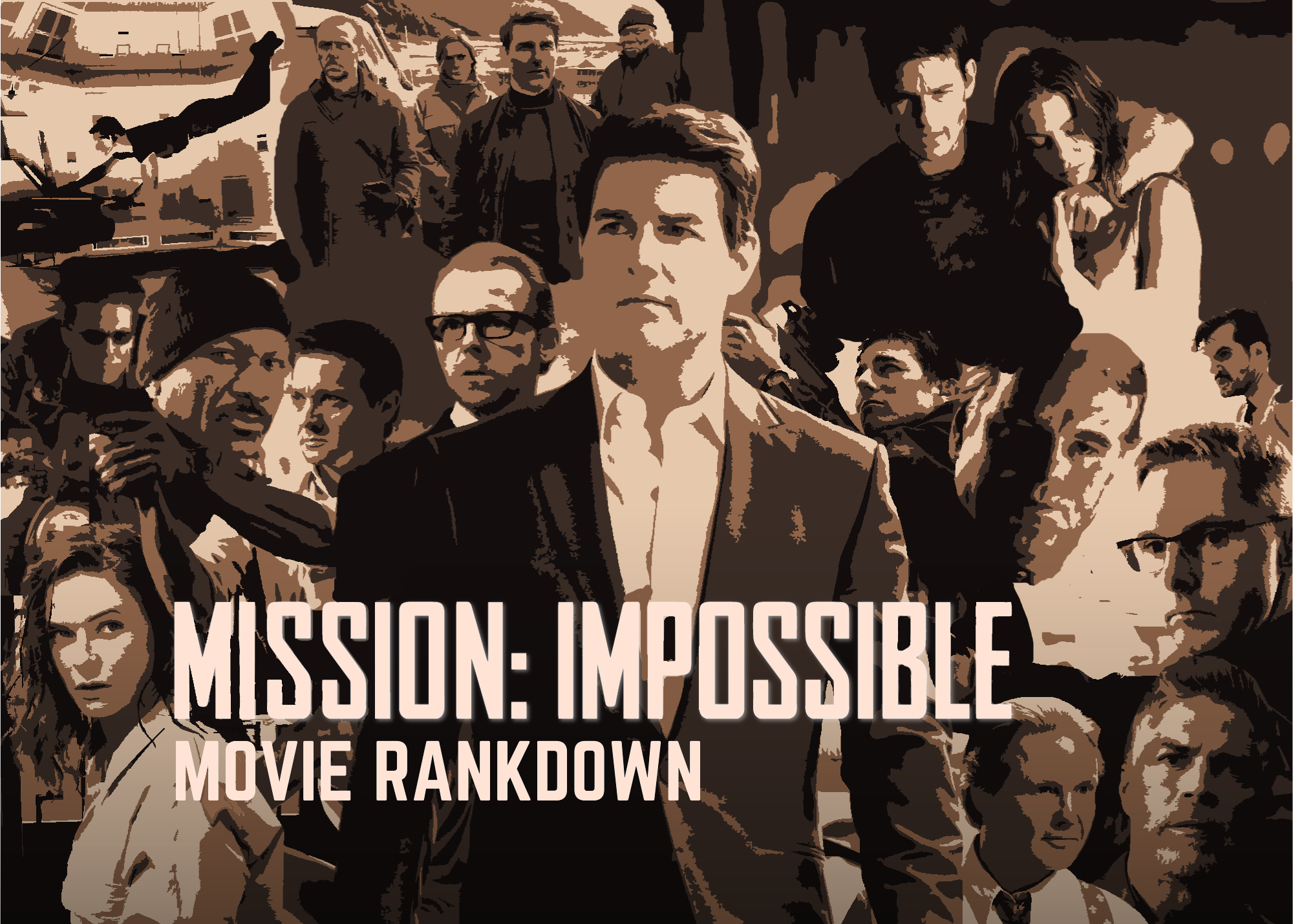"Women Talking" Review: The Closest We'll Get to a Decent #MeToo Movie
It could use a bigger bite, but Sarah Polley's Best Picture nominee does more than simply ask questions.
ModernIn October 2017, The New York Times and The New Yorker published articles detailing the accounts of dozens of women who claimed to have gotten harassed, sexually assaulted, or raped by Hollywood mogul Harvey Weinstein. Ultimately, over 80 women would level allegations against Weinstein, establishing a timeline of abuse that stretched back 30 years. It raised questions not only of how an entire industry could allow such a prolific predator to go unchecked and unchallenged for decades but precisely what means Weinstein used to destroy young women's careers while furthering his own.
More than anything else, it shone a spotlight on us. The last five and a half years have been rife with outcry and demands for change, but suggestions on how to proceed have been lacking. At a certain point, we can make a movie about what we feel, but if we spend half a decade ruminating and not posing questions about what to do and where to go, what is the purpose of making such films?
In 2010, the women of an isolated Mennonite colony learn that the men have been drugging and raping them for years. Outraged, a small group of the affected women gathers in the colony’s barn for a multi-day discussion on what to do. Should they stay and fight for a better life? Should they leave and create a new world free from trauma, abuse, deception, and terror?
The answers get batted around in a 90-minute homage to 12 Angry Men, and in that vein, it’s staged well and acted to perfection. The more pressing question is if it rises above simply asking a question and instead challenges itself to give its audience an answer.
If nothing else, the start is strong, thanks to the immediate recognition of a troubling truth: the easiest solution is always within ourselves. No matter what we have endured, we can only control our responses. The women initially discuss what they want, and it comes out: what about simply wanting less?
Women Talking answers by speaking truthfully. It can never be a matter of simply wanting less because it is the simple things of which the oppressor deprives the oppressed. It seems like such a small thing: the liberty to think, the freedom to act, and the daily choices afforded to others. None of this should be happening, but it must. Men should not drug and rape women, but they do. Women should not have encouraged one another to keep silent and ignore the abuse inflicted upon them, but they did. It does not matter how or why, only that what happened happened, hence the film begins just after the sexual assaults became public knowledge among the women.
Now, a meeting regarding what should be guaranteed plays out in a barn, one overflowing with conflicting ideologies about what is right, what is best, and what should happen next.
Women Talking deserves a lot of credit for rising above the trappings of its genre. The message movie is no stranger to film audiences, and the Internet has made the messages films seek to impart inescapable, rendering the movies pointless. It would be easy to bark at the moon or tell us repeatedly what we already know en route to Oscar glory; Sarah Polley chooses instead to hold everyone accountable to the exact, necessary extent.
Men are the monsters, and so the bulk of the conversation revolves around their predation and how to navigate the situation now that the women are aware, but the film does not insult its audience by claiming only the men are responsible for the environment in which their exploitation blossomed.
Jessie Buckley’s Mariche insists that forgiveness is the only path, chastising another woman for how deeply her wounds run, very much the victim who wants to bury the pain and forget. It’s easy to blame the natural differences between a group of people, no matter who or what unites them, but we learn that Greta, Mariche's mother, encouraged her to forgive her abusive husband and move forward. The men acted, but that doesn’t mean the women did not facilitate.
It’s where Women Talking makes its impact: realizing that full accountability does not mitigate the horror of a foul deed. It does not blame Greta, thus turning the victim into a second-hand offender; it merely acknowledges that the cycle ropes in everyone, and sometimes the only option is to make decisions and take action. After all, the “do nothing,” voters have no spokesperson in the meeting.
We often view things in such binary terms that lessons begin feel preachy, and what wisdom can get imparted is lost among the outcry. Women Talking fills the room with contrasting perspectives of equal validity and weight; no one is “wrong,” but no one is “right.” In doing so, no one can rationalize siding with one person over another; there can be no duel between choosing one option or another. We can only watch it play out and learn something from the story.
Unfortunately, this is where the film loses its luster. The varying opinions are not insincere conceptually; all group discussions bring different views, usually felt with equal vigor, even if expressed differently. Sadly, what rings true in real life doesn’t necessarily translate to film, and the staunch devotion each woman feels to her point of view makes the resolutions feel hollow.
Human emotion is too complex to get compartmentalized. No one disagrees about the propriety of the men’s actions, but their present circumstances receive a mixed response. Not everyone sees eye to eye, nor should they, but more should be on the table than everyone being set in their ways so rigidly that they only feel, and thus think, one thing. Trauma scrambles the mind; healing that pain is not an easy road to travel, and while we all find our way, it doesn’t mean we don’t oscillate between varying emotions as we walk.
It’s why the women are correct in understanding that you cannot approach situations like these wanting a generality. Yes, rape should stop. Yes, the colony should exist without victims, where no one should go to sleep at night fearing waking up bruised and bloodied. But Ona, Rooney Mara’s pragmatist, wisely points out the need for specificity, whether a religion dictated by the women or for the girls to learn how to read and write.
The shock of their discovery arrests their sensibilities, just like ours when the Weinstein scandal broke. It makes some of them react to that alone and forgo the bigger picture, just like how we continue to express our outrage while losing sight of what we can do to ensure these things don’t occur again.
Sadly, Women Talking doesn’t entirely grasp this outside Ona’s proposition about how to improve the colony should they stay, so Greta’s apology to Mariche doesn’t make an impact when it’s clear that the latter is fishing for validation and needs a grand gesture to make her come around.
August, the man tasked with taking the meeting minutes, loves Ona, but that affection creates neither tragedy nor resolve when it’s clear that Ona will always leave him behind in the interest of being a woman ardent about carving her path. A dilemma plays the film's central role, but the lack of internal conflicts leaves little to explore, so a 90-minute movie feels like a lifetime.
Every filmgoer, critic, or Oscar voter must ask one question when evaluating a movie like this: did this movie make me think, or did it think for itself? Any person, and thus any movie, can ask a question, and when we get asked something, it is our nature to answer. Few films can ask their questions and answer them, forcing us to question our convictions, how we would navigate the same situation as the characters, and whether we would have the nerve of the women batting around their next step in the candlelit barn.
We can appreciate the balance in its perspective on men: that there is hope for change, and everyone, men and women alike, are responsible for shaping the world, but that doesn’t mean women should not capitalize on their autonomy and do things for themselves.
At film’s end, the women leave but take the young men of the colony. It is not a matter of women separating themselves and acting as though they alone hold the key to a better world: it’s about not blaming the son for the sins of the father, relinquishing what was to embrace what can be, and accepting what you cannot help in order to help what you can. Forgiveness that gets forced upon you is not true forgiveness, so we all must decide what that word means to us and act upon it to get results.
As such, Women Talking asks the right questions to please an audience looking for the questions to get asked in the first place but answers them sparingly, thus doing little to satisfy anyone who, nearly six years after the #MeToo scandal became an international shame, is tired of everyone patting themselves on the back for being upset and wants society to start talking about viable solutions.
.png)
63
Director - Sarah Polley
Studio - United Artists Releasing
Runtime - 104 minutes
Release Date - December 23, 2022
Cast:
Claire Foy - Salome
Rooney Mara - Ona
Jessie Buckley - Mariche
Sheila McCarthy - Greta
Ben Whishaw - August
Judith Ivey - Agata
Frances McDormand - Scarface Janz
Editor - Roslyn Kalloo, Christopher Donaldson
Cinematography - Luc Montpellier
Screenplay - Sarah Polley
Score - Hildur Guðnadóttir

%20(13%20x%206%20in)%20(13%20x%204%20in).png)





































.png)






.png)